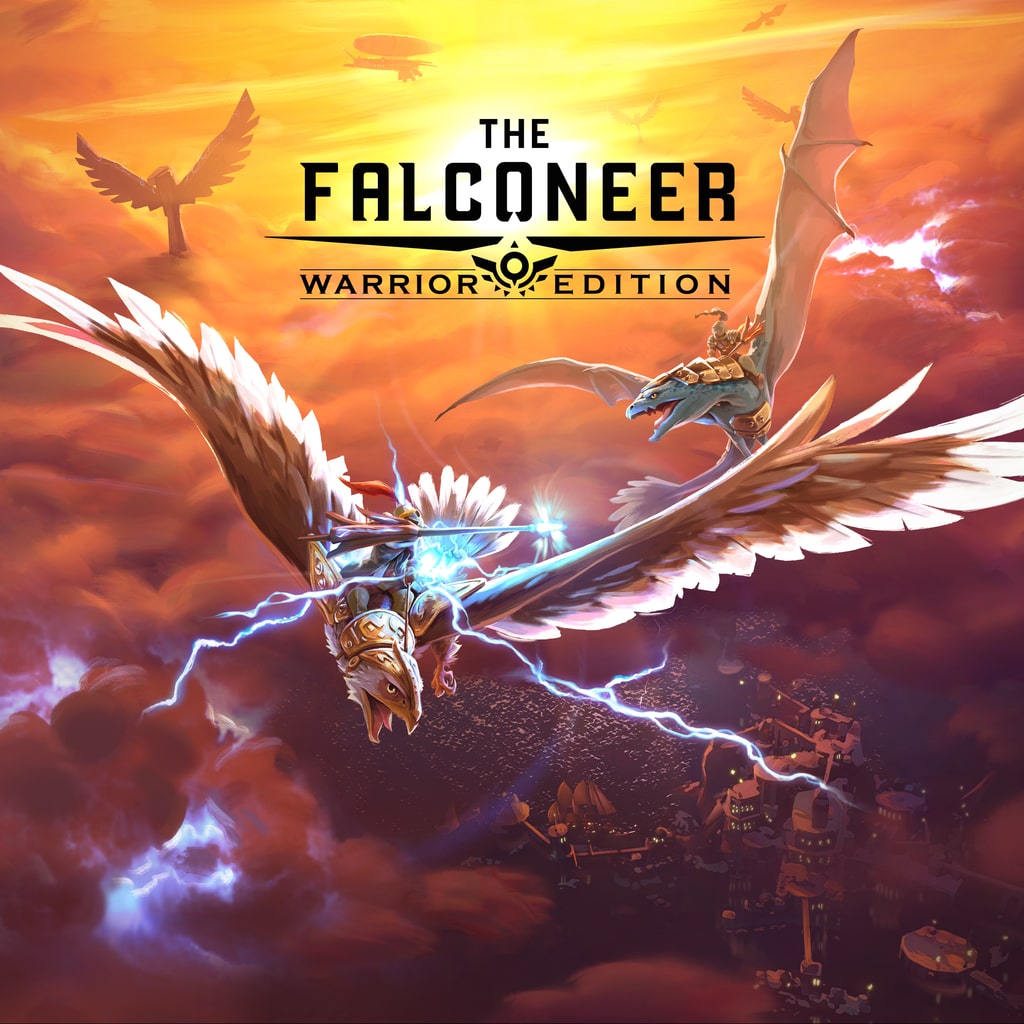

The falconeer poem plus#
The Falconeer: Warrior Edition includes the fully updated game, plus 'The Hunter' DLC, adding a new player class with a flyable Ormir dragon and a set of pyro pot guided rockets, and the new 'Edge of the World' DLC, containing 3 additional side quests and new boss encounters.Įxperience the free-flying escapism of flying a giant warbird across a stunning open world.ĭiscover a vast oceanic world filled with lost myths and breathtaking landscapes.

Dive through the deep ocean depths, soar above the clouds to do battle with giant crab cities or engage in furious dogfights against the mysterious Mancer Order that controls and regulates technology. Progress through perilous missions and side quests, wielding your lightning caster to protect ships against pirates, kraken and other threats. Throughout multiple campaigns, you will experience life from many different perspectives and loyalties as you embark on a journey of discovery, and solve the mystery of the Ursee, its people and history. You take on the role of Falconeer, a powerful airborne warrior traversing a vast oceanic world torn apart by generations of poisonous decisions and dissent. The lines "With living colours give my verse to glow:/The sad memorial of a tale of woe!", from The Shipwreck, Canto I, appeared as a motto for Tafereel van de overwintering der Hollanders op Nova Zembla in de jaren 1596 en 1597 (1820), by the Dutch poet Hendrik Tollens (1780–1856).Soar through the skies aboard a majestic warbird, explore a stunning oceanic world and engage in epic aerial dogfights, in this BAFTA nominated air combat game from solo developer, Tomas Sala. One of his lesser characters is a nautical poet, but his poems are Falconer's. He was last seen on 24 December 1769.įalconer's poems were used by Patrick O'Brian in his Aubrey-Maturin series. William Falconer was a passenger in the frigate Aurora when it was lost at sea on a voyage to India. In 1769 he published An Universal Dictionary of the Marine. The Shipwreck was dedicated to the then rear-admiral the Duke of York.įalconer was briefly a midshipman on the Royal George, then in 1763 he became purser of the frigate Glory, aboard which he wrote the political satire Demagogue. He had also contributed poems to the Gentleman's Magazine. In 1751 Falconer produced a poem on the death of Frederick, Prince of Wales. He had himself been one of three survivors of a trading ship on a voyage from Alexandria to Venice. The work won him the patronage of the Duke of York, through whose influence he was appointed purser on various warships. The efforts Falconer made to improve the poem in a later edition were not wholly successful. He became a sailor, and thereby competent to describe the management of a storm-tossed vessel, whose career and fate are told in his poem, The Shipwreck (1762), a work of genuine, if unequal talent. He also compiled a dictionary of marine terms.įalconer was the son of a barber in Edinburgh, where he was born.

January 1770) was a Scottish epic poet concerned mainly with life at sea. The edition depicted above was printed in 1813 in Philadelphia, while the first edition was printed in 1762.

The Shipwreck, an epic poem written by William Falconer.


 0 kommentar(er)
0 kommentar(er)
